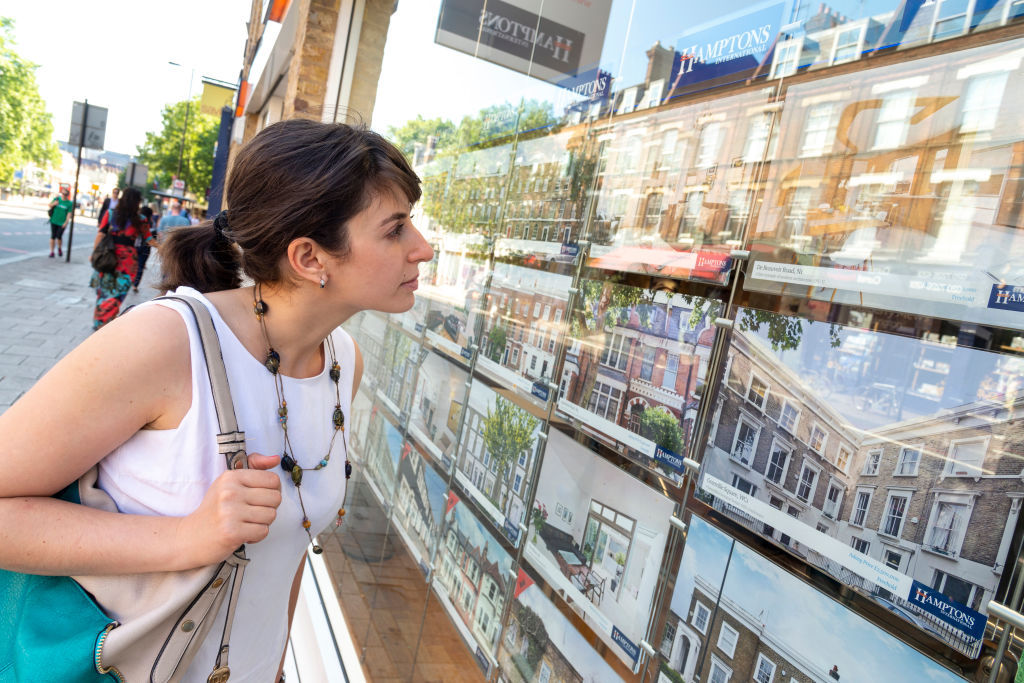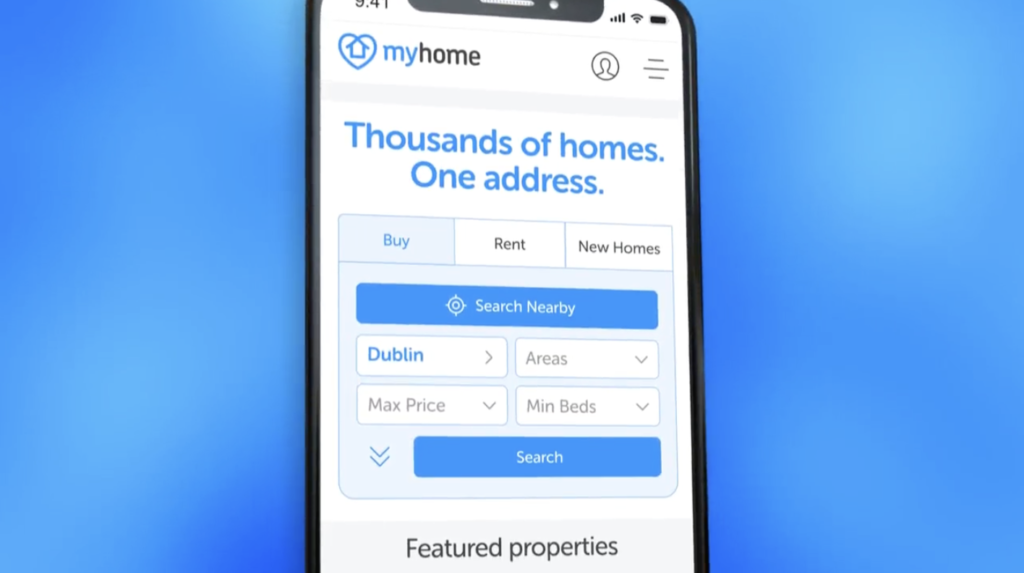Are you looking for a guide for first-time homebuyers? Here are some tips from Switcheroo.ie that will help you navigate the process:
- Save, Save, Save: You will need a minimum deposit of 10% to purchase a property, but it is a good idea to save a higher deposit as there will be additional expenses such as valuation costs, legal expenses, and stamp duty. Open a savings account and start saving into it regularly. This will enable you to build a deposit and demonstrate your mortgage repayment ability. You may also want to consider the Help to Buy scheme or a gift from a family member to boost your deposit.
- Ensure your finances are in order: Before applying for a mortgage, it's essential to have your finances in order. Banks will review at least six months' statements for all your accounts and credit cards, so avoid having difficult financial issues to explain. Don’t go overdrawn, try and pay off your credit card in full each month, and be wary of taking out any personal or car loans.
- Choosing the right mortgage product and provider: There are a variety of options that different lenders offer, so you need to choose the option that’s right for you. Some banks might be able to lend you a little bit more than others due to their internal affordability calculators, which can make the difference between getting the house you want or not. Processing your mortgage application through a mortgage intermediary like Switcheroo.ie will be of significant help to you in this as they can provide you with a detailed cashflow comparison.
- Approval in Principle: While not a formal mortgage offer, your Approval in Principle (AIP) is a good indication of what a bank is willing to lend you. Many estate agents require you to have an AIP to view a house, so it’s worth getting one to know what you can afford.
- Choosing the home that’s right for you: Take your time to consider all the factors before making the leap and purchasing your first home. Consider future events, like having more children, which means more bedrooms, local schools, parks, etc.
- Loan Offer: Once you have found the house and had an offer accepted, it's time to get the formal loan offer from the bank. The loan offer will allow you to exchange contracts with the vendor, at which point your dream of owning a new home is coming close to fruition.
- Drawdown and moving in: The final stage of the process involves your solicitor ensuring that the property you are buying stacks up from a legal perspective. You will have to get mortgage protection insurance, which is in case you die during the term of the mortgage. You will also need home insurance that covers the rebuild cost of the property.
In addition to the above tips, there are other things to keep in mind. Buying large personal items like cars on finance, or even outright, can affect your loan-to-income ratio, which is one of the largest determining factors for home you will qualify for, or if you will qualify at all. Changing jobs before you complete can also kill the deal, as banks will normally have to see at least two full payslips from your new employer, and that is banking on there being no probationary period. Lastly, don't wait to gather your documents. Nearly all sellers will require a pre-approval letter with their offer to ensure they are working with a qualified buyer.
This article was brought to you by Switcheroo.ie






